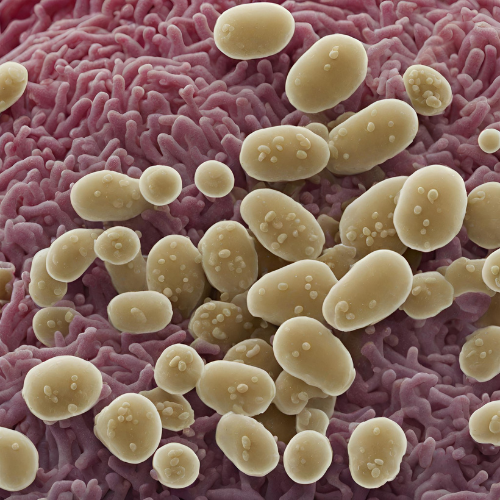ASCENSION. Randomized study comparing the addition of the Crohn’s Disease Exclusion Diet (CDED) on top of standard therapy versus standard therapy alone in pediatric patients with unstable Crohn’s disease.
In the context of Crohn’s disease, current treatment strategies aim to reduce intestinal (and systemic) inflammation. Immunomodulators (IM), such as thiopurines or methotrexate, and biological molecules (B), such as anti-TNF, anti-integrin or anti-IL23 antibodies, are used successfully for the majority of patients. However, some patients, particularly in the pediatric age group, do not respond to standard treatment, escaping remission, which may require the combination of several IM/Bs. Around 30% of patients lose their response to effective treatment. In addition, patients and families are very reluctant to use IM/Bs as lifelong drugs, not least because of the potential side effects, including cancer, lymphoma, serious infections or drug-related immune diseases. This is particularly important for children/adolescents with CD, potentially exposed for several decades to various IM/Bs. The aim of the ASCENSION project is to determine whether, in children/adolescents with CD who fail to respond to standard medical treatment or relapse, the addition of a specific diet, the Crohn’s Disease Exclusion Diet (CDED), could offer a significant benefit in maintaining remission for at least 12 months without the risk of additional drug-related side effects. The impact of nutritional strategy on the gut microbiome of children with CD is assessed and the mediating role of the microbiome is questioned.
Coordination: Frank RUEMMELE - Pediatric Gastroenterology, H?pital Necker Enfants Malades
Partners: H?pital M?re Enfant, CHU Lyon (R. Duclaux-Loras) CHU Caen Normandie, Pediatric Gastroenterology (C. Dupont) H?pital de la Timone, Pediatric Gastroenterology, Marseille (C. Roman) INRAE - Institut Micalis - PhylHom (P. Lepage)
